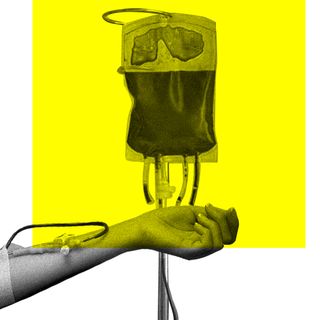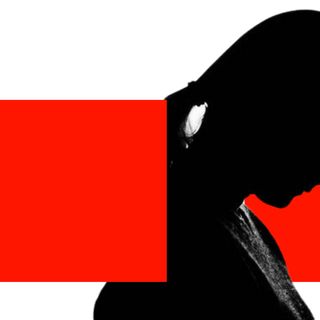Post-Covid19 symptoms like breathing difficulties and headaches may linger for upto six months after a patient has recovered, even in cases of mild infections, a new study has found.
Published in Lancet: Infectious Diseases, the study noted recovered patients faced an increased risk of breathing difficulties and blood clots in the veins, even if they didn’t have a prior history of the infection. In fact, 31% of Covid19 patients were found to have started treatments for migraines, and medication to widen their airways — after recovering from the infection. But the chances of serious health complications — like stroke, encephalitis, or psychosis — were relatively low in patients who didn’t require hospitalization due to coronavirus.
“Our research provided evidence for some long-term effects that did not require hospitalization or the use of new medicines, which we found reflected in higher use of primary health-care services after infection,” Anton Pottegård, professor of pharmacology at the University of Southern Denmark, who also co-authored the study, said in a statement. “This highlights the need to ensure clinicians have the resources and support to manage any potential long-term conditions.”
The takeaway, as pointed out by Pottegård, is extremely relevant within the Indian context, where an overburdened healthcare system makes treatment and medicines accessible only to the privileged few — leaving many to succumb on streets and homes without medical care.
Related on The Swaddle:
Effective Covid Vaccine Will Be Meaningless in India Without a Mass Immunization Strategy
The Lancet study analyzed the health of almost 90,000 individuals from Denmark, including both recovered patients and people who never had a Covid19 infection, to assess post-recovery risks on patients’ health. Moreover, the researchers chose to focus on people who had mild infections since potential risks for hospitalized patients had already been widely explored.
However, the study does take into account that the severity and prevalence of symptoms may vary across countries — just like infection rates and other data. The researchers recommend using large-scale population-based surveys to map persisting Covid19 symptoms, as well as their duration, in recovered patients.
Their suggestion echoes a recent letter written by almost 900 scientists and medical health experts to the government; they sought “systematic collection and timely release of data” around Covid19 to prevent the pandemic from continuing to wreak havoc on the country’s healthcare systems. Transparency of information — of patient recoveries, case count, death rate, testing, amongst other metrics — is key to forming a scientific response against the pandemic.
In India too, medical practitioners have come across patients experiencing post-Covid symptoms like fatigue, weakness, brain fog, anxiety, stress, and breathlessness. “Any sign of breathlessness or confusion should not be taken lightly, just because you have tested negative,” Dr. Ajit Singh Chawla, a Ludhiana-based physician, and former district epidemiologist, told The Indian Express, adding, “special care needs to be taken of the lungs as their involvement in Covid19 is the maximum. Hence, one must continue to monitor their oxygen levels.”
Dr. Varun C., a cardiologist from the All India Institute of Medical Sciences (AIIMS) tweeted last month urging government agencies to record Covid19-deaths accurately: “To deal with a problem we must first understand how bad it is.” The same rule applies here too.




